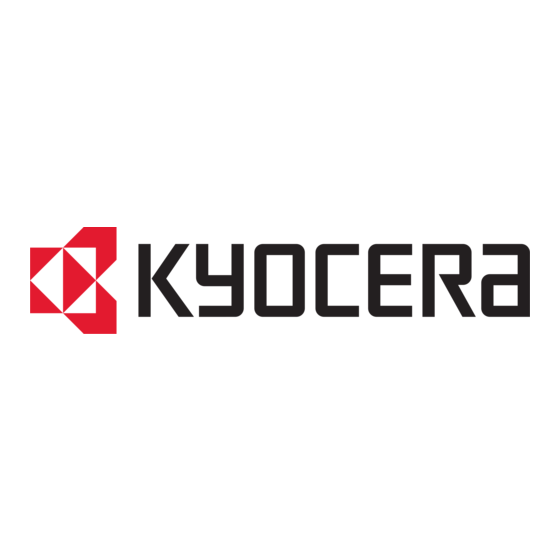

Kyocera FS-C2026MFP Training Manual
Hide thumbs
Also See for FS-C2026MFP:
- Operation manual (528 pages) ,
- Service manual (304 pages) ,
- User manual (94 pages)














Need help?
Do you have a question about the FS-C2026MFP and is the answer not in the manual?
Questions and answers